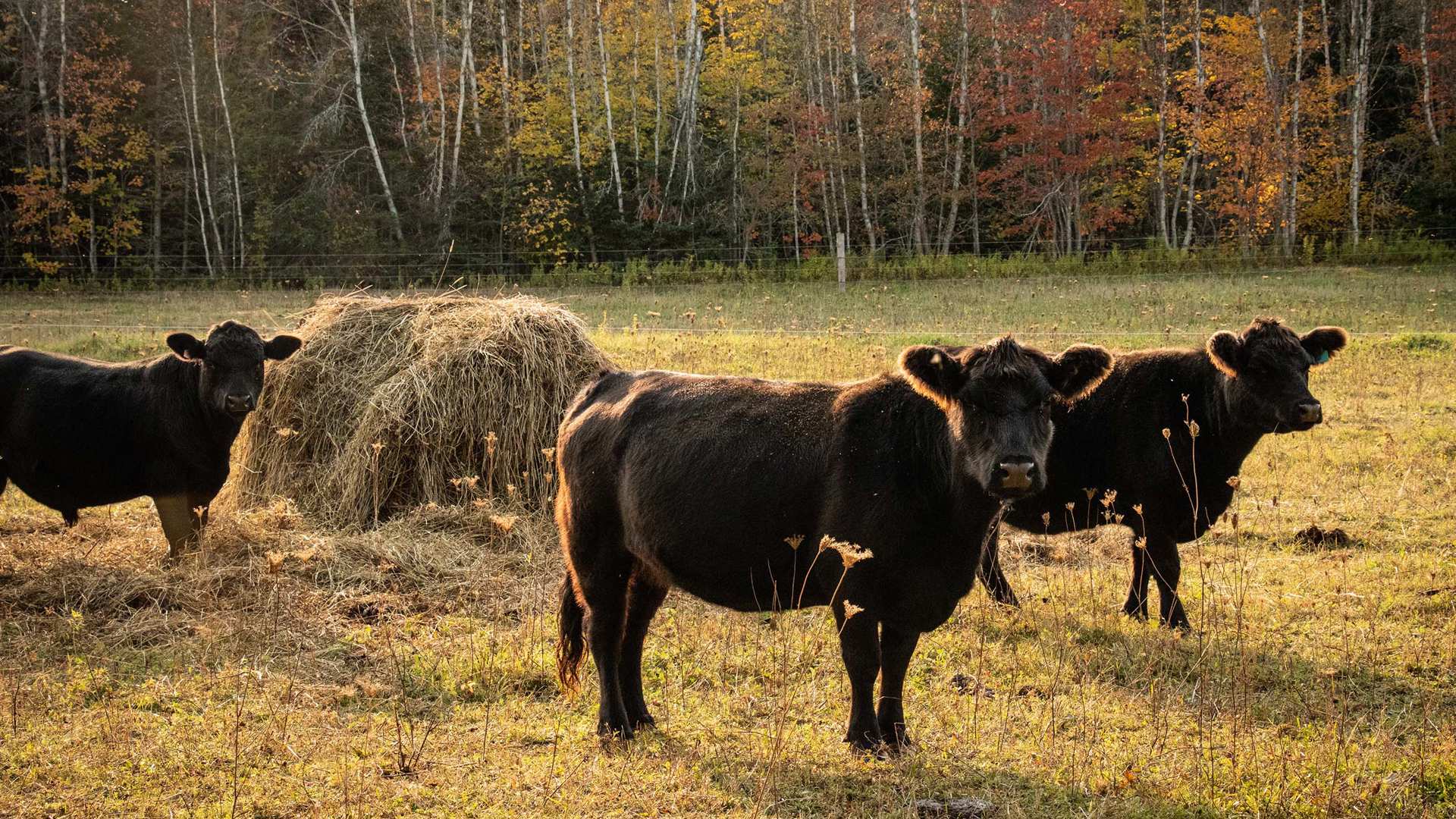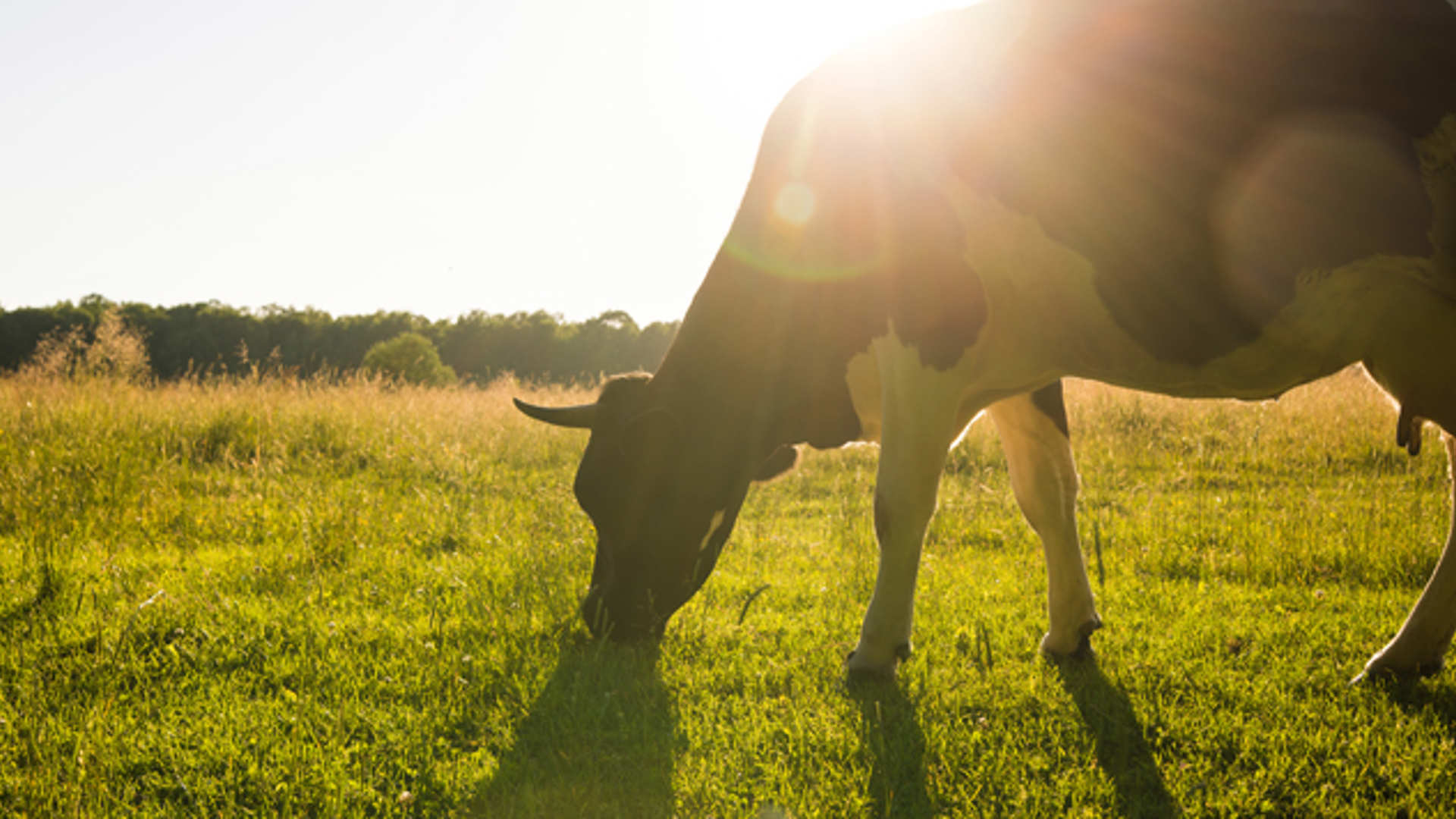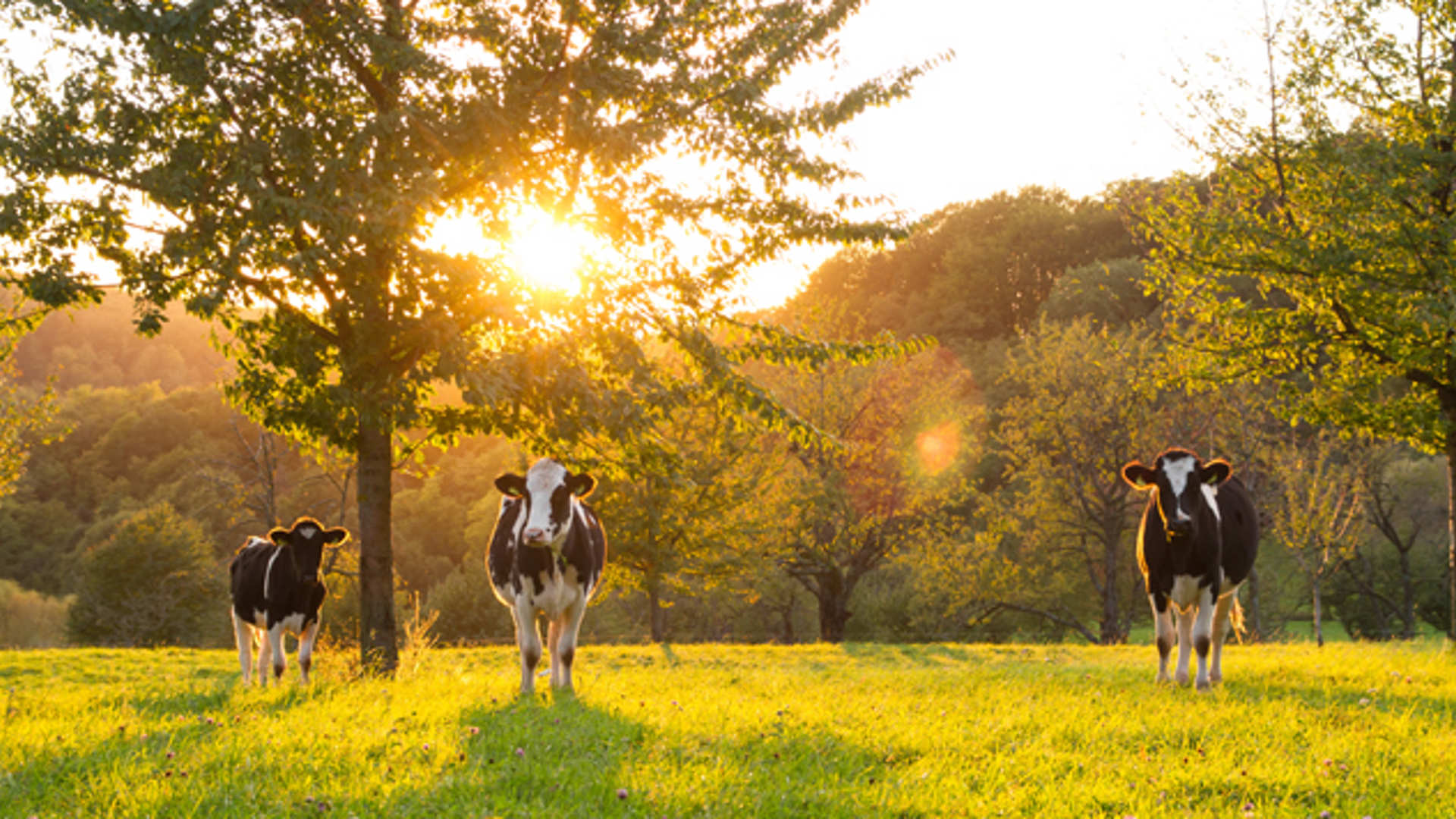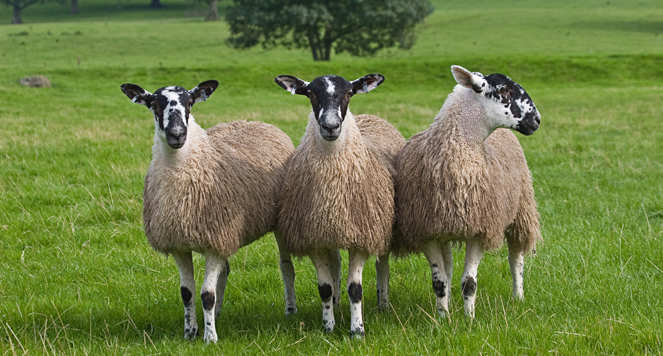
What's the latest?
Bluetongue Updates
18th February 2025
18th February 2025
Following winter surveillance, cases of BTV-3 have been identified in Dorset. This means that the restricted zone has been increased to include Dorset, additional parts of Wiltshire, parts of East Devon and Somerset. Currently, this is in the south of the county, but we are continuing to monitor the situation. For now, we continue to remain in the seasonally low vector period.
23rd January 2025
23rd January 2025
BTV-3 update:
The plus side of the cold weather this month is that it has reduced midge activity, and as of Tuesday (21st Jan) we entered a ‘seasonally vector low period’. This means that the current bluetongue risk is categorised VERY LOW. In addition, the permissions for BTV3 vaccine use has changed.
What does this mean for us in the south west?
- Any animals moved out of the Restricted Zone after 20th Jan no longer require post-movement bluetongue testing
- Keepers within the Restricted Zone will still need to apply for a licence in order to move animals out of the RZ
- There are three vaccines permitted for use across England (not just in the RZ), but they are import-only, and are not licensed to prevent bluetongue, only reduce its severity in affected animals
Midge activity is expected to start increasing again from March onwards, so the situation is likely to change again then!
30th September 2024
30th September 2024
The latest outbreak of bluetongue virus (BTV-3) is a rapidly developing situation – by the time this is on our website, there will probably already be changes to the number and spread of cases, where the control zones are, and a vaccine strategy!
At the point of writing (30/09/24), the current outbreak is localised to the east coast, with a Restricted Zone covering the south east and east midlands. The virus is spread by biting midges, and the initial cases can be traced to infected midges being blown over from continental Europe. These insects are weak fliers, so mainly rely on prevailing wind to travel – it is unlikely that they will move as far west as Somerset, but not impossible, so we will continue to monitor the situation (and the weather forecast) closely!
You may have heard of animals testing positive for the virus closer to home – there have been a couple of cases (e.g. in North Devon) where animals have been imported, or moved from the east region before it became a Restricted Zone. In these cases, the animal picked up the virus before arriving in the south west, and APHA have not created new Temporary Control Zones here.
21st November 2024
21st November 2024
As the Bluetongue Restriction Zone has been extended into east Wiltshire, remember to stay vigilant for clinical signs in your flock or herd.
With a few different vaccines being used in the Restricted Zone, also be aware that:
- Of the three vaccines specific for this current strain (BTV-3), none claim to prevent infection, only reduce viraemia (i.e. milder clinical signs).
- Vaccines specific for BTV-8 work against a different strain of the virus (last outbreak of BTV-8 in the UK was in 2016) and there is no evidence these will be effective for this current strain.
What happens in...
... a Restricted Zone?
Movement restrictions are imposed, which will cover both live animals and germinal products (ova, semen, and embryos). Once in a Restricted Zone, animals cannot be moved out again, unless going directly to the abattoir, or if the keeper applies for a specific licence from APHA – the animal or germinal product will then be required to have pre-movement and post-movement BTV-3 testing (free of charge to the keeper).
… a High-Risk Area?
Keepers in High-Risk Areas will be eligible for free BTV-3 testing if they meet certain criteria, for example, if an animal is being moved from a High-Risk Area to the south west. There will be a lot of overlap between High-Risk Areas and Restricted Zones (at the time of writing, all High-Risk Areas were also part of a Restricted Zone!)
… a Temporary Control Zone?
These are set up as an area of around 20km radius of a confirmed case. The same rules apply in these as in Restricted Zones. As the name implied, these are intended to be temporary – they may be removed if the outbreak is contained, or if more animals in a TCZ test positive, then the zone may be merged with existing Restricted Zones.
You can check where the different zones are at using the interactive APHA Bluetongue virus map.
What species are affected?
This disease affects:
- Cattle
- Sheep
- Goats
- Deer
- Camelids (Llamas and alpacas)
These species are not affected:
- Horses
- Pigs
- Poultry
- Humans
Clinical signs
What can we do in the south west to reduce the risk?
- Be especially vigilant if buying in stock from High-Risk Areas, and if you do, ensure it has been tested. If buying in from a Restricted Zone, the animal(s) must have a post-movement test too
- This will also apply to importing animals – the Netherlands have been badly affected, with cases also reported in neighbouring countries
- Remember that movement restrictions also cover germinal products – if you use AI (Artificial Insemination) in your herd, check where this is sourced from and what tests have been carried out
- The restrictions do not affect animals moving into Restricted Zones, so you can still sell stock to the east region
Vaccines
DEFRA has now approved the use of three BTV-3 vaccines, but it should be noted that these do not claim to prevent the disease, only reduce viraemia (levels of virus in the bloodstream) in infected animals. The vaccines are now available for use across the country, regardless of zone. If you would like more information, please contact the practice to discuss further your options and assess if/when you should be vaccinating.
01934 852 650
Be aware that there are multiple strains of bluetongue, and these approved vaccines are specifically effective against serotype 3, the strain currently circulating in the country. Older vaccines will be specific for different strains e.g. serotype 8, so will not be of use.
Notifiable disease
Finally, remember that BTV-3 is a notifiable disease, so it is a legal requirement to call APHA on 03000 200 301 if you suspect a case.
BTV Vaccination Calculators
Stay in the know Related articles & advice
-
Flystrike

-
Infectious Disease

-
Fertility



